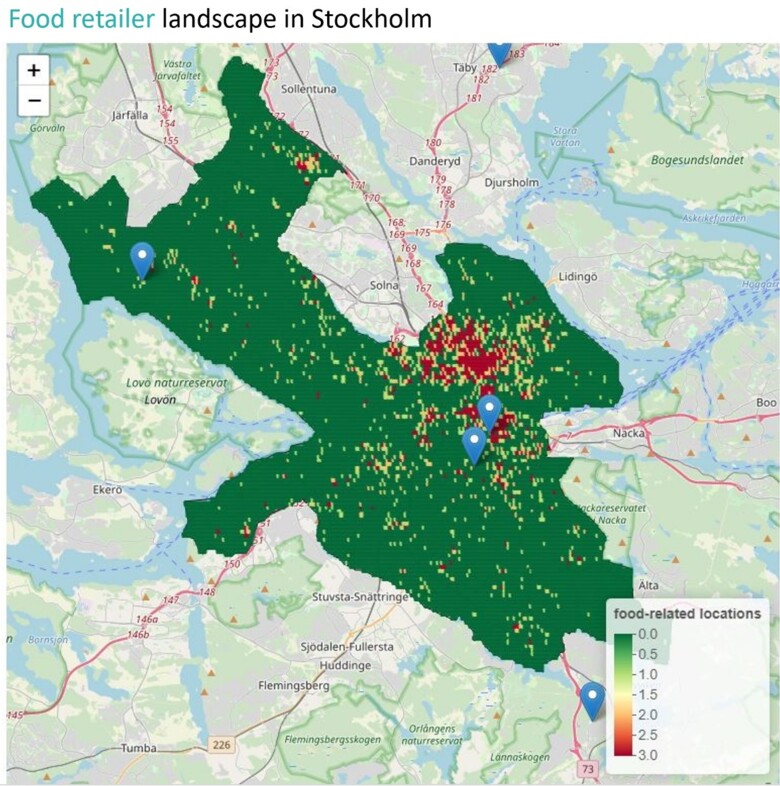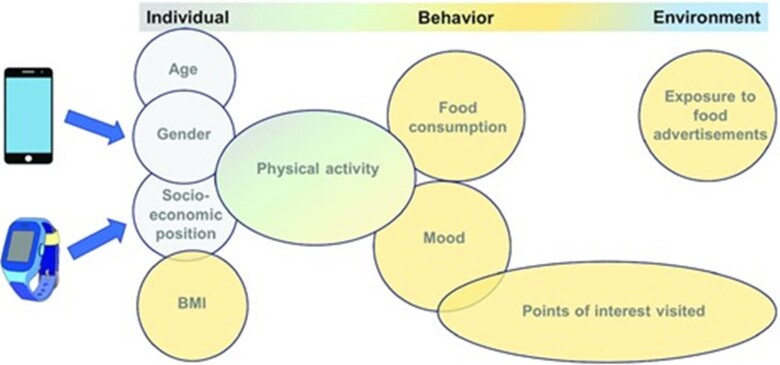The BigO project
The BigO (Big Data Against Childhood Obesity) was an EU-funded project that collected and analysed anonymous data on children’s behavioural patterns and their living environment in order to extract data-driven evidence on which factors were involved, and how they influenced childhood obesity in Europe.

Overweight and obesity in childhood can have a major impact on both physical and psychological health. Children with overweight and obesity are likely to maintain this status in adulthood and they also increase the chances to develop non-communicable diseases like diabetes and cardiovascular diseases at a younger age. The issue of obesity is still very complex considering that many different factors play a decisive role, for example social, economic, behavioural, environmental etc.

Behaviours that determine an individual’s weight are multifactorial and they depend on the living environment, such as transportation options, food advertisements, safety, food prices, and more. In turn, the living environment is affected by public health policies. Combined, these are components that determine obesity rates. The BigO project collected children’s behavioural data to create an open platform. This platform operated as a tool for implementing health policies on childhood obesity and it was continually updated. Children themselves provided data on the frequency of food intake, photos of meals, continues GPS data etc., which then were used to create complex statistical models to analyse how behaviour and the environment influence the prevalence of obesity.

The BigO project was a 4-year project conducted in collaboration with Aristotle University of Thessaloniki, International Hellenic University, Biomedical Research Foundation, Academy of Athens, Greece, and Internationella Engelska Skolan Sverige AB among others. The work leading to these results has received funding from the European Community's Health, demographic change and well-being Programme.
Work Unit Leader: Ioannis Ioakeimidis
